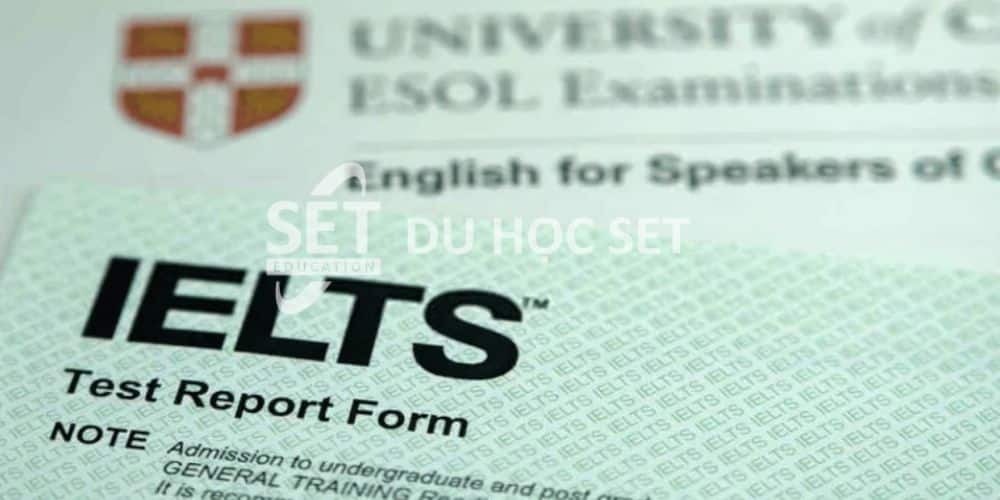Cách dùng một số tiền tố và hậu tố trong tiếng Anh
We use ‘electric’ to describe things to do with current and voltage, simpler machines and devices and the atmosphere. Consider the following:
- ‘An electric fire in winter and an electric fan in summer were all I needed.’
- ‘The electric wiring in this house needs to be renewed.’
- ‘The atmosphere was electric when Tina Turner came on stage.
It very much depends upon context as to which one you use.
Economic/economical is similarly difficult. If we are talking about ‘the economic situation’ or ‘the economic outlook’ of a country, i.e. where we are discussing ‘the economy’, then the adjectival suffix -ic is preferred:
- ‘The economic outlook in this country is now bleaker than at any time in the last ten years.’
However, if we are talking about making personal economies and saving money, we tend to use ‘economical’. ‘Economical’ also means using the minimum amount of time or energy. Study the following:
- ‘This car is not very economical. It only does 15 miles to the gallon.’
- ‘Storage heaters are extremely economical because they run on night-time electricity.’
- ‘Politicians are invariably economical with the truth.’
- ‘We wanted to make the most economical use of our time as we had only half a day there.’
Other adjectival suffixes are much more clear-cut. If we are discussing science and technology, there is no choice: the adjectival forms are quite clearly ‘scientific’ and ‘technological’:
- ‘Scientific investigation revealed that the dinosaur footprints were from the Cretaceous period.’
- ‘Japan is one of the most technologically advanced nations.
Job title suffixes

painter or nutritionist
There are no rules
The …er suffix is very common, but so is …or. The …ist ending is also quite common, but so is …an. We also have …ant (accountant, shop assistant, civil servant, flight attendant) …man (postman, fireman, dustman, barman, draughtsman, fisherman), …ess (waitress, hostess, Headmistress) …ee (trainee, employee) and …ive (representative, machine operative), etc.
It is really a matter of leaning them and knowing them. Learn them in word families, as in these examples below.
…er (but not only …er)
Bob’s a well-known local builder who employs two plumbers, three carpenters, a roofer, four electricians and half a dozen unskilled labourers.
- If teachers, education officers, child minders and social workers had worked together, none of these children would have suffered abuse.
- He’s a writer – the author of four books about China, but he’s also worked as a translator and interpreter, actor
and journalist.
…or (but not only …or)
The Managing Director delegated responsibility for the project to the supervisor, but he was a poor administrator and would never become a manager.
Note that noun and verb forms relating to common occupations ending in …er and …or are closely linked: teachers teach, writers write, actors act, supervisors supervise, directors direct, bus and truck drivers drive their buses and lorries, sailors sail, etc.
Note also that the …er /…or suffixes are also used for machines and equipment that do a particular job:
- My kitchen is full of the latest gadgets: dishwasher, gas cooker with five burners, electric toaster, electric can opener, blender / liquidiser – you name it, I’ve got it.
- My son’s got all his stuff in his bedroom: DVD player, video recorder, camcorder, film projector.
ist (but not only …ist)
- The whole family are musicians: Ed’s a percussionist and pianist, Viola’s a flautist and cellist and Barry’s a French horn player. Their parents are both singers.
- He’s a doctor – a general practitioner, but he wants to become a specialist – a gynaecologist and obstetrician.
- His older sister’s a chemist / pharmacist, his younger sister’s a speech therapist and his mother works as his receptionist and telephonist.
…an (both …ian and …man)
- Did you say you were an optician? ~ No, I’m a politician. I’m spokesman for international affairs and chairman of the refugee committee. My older brother is the parliamentary librarian. My younger brother’s a magician.
In the above example, …man can refer to both men or women. Some people now argue that using …man is sexist and prefer to use spokesperson or chairperson. We obviously do not have the same problem with policeman and policewoman, although if we don’t wish to specify the sex of the person, we can use police officer instead.
suffix (but not only – suffix)
Note that there are a number of jobs and professions which do not have suffixes such as those outlined above. Here are a few of the most common:
- In the Roman Catholic Church, bishops are senior to priests and in the Anglican Church rectors normally have wider responsibilities than vicars and curates.
- She’s a nurse on a hospital ward but hopes to be promoted to sister and matron one day.
- He’s pastry chef at the Dorchester now, but started out as a cook in a two-star hotel.
>> Terrible là gì? Giới Từ Đi Kèm và Phân Biệt Từ Dễ Nhầm Lẫn
Tham khảo chương trình luyện thi IELTS tại đây
Thông tin liên hệ
Quận 1
115 Đặng Dung, p Tân Định, Q 1, TP HCM
08 – 3848 4433 Ext 16, 31 hoặc Ms. Thu Hà 0937.20.6833
Quận 5
134 Châu Văn Liêm, Phường 11, Quận 5, Tp. Hồ Chí Minh, Việt Nam
ĐT: 08 – 3859 0473 Ext 16, 20 hoặc hotline 0918.118.119



